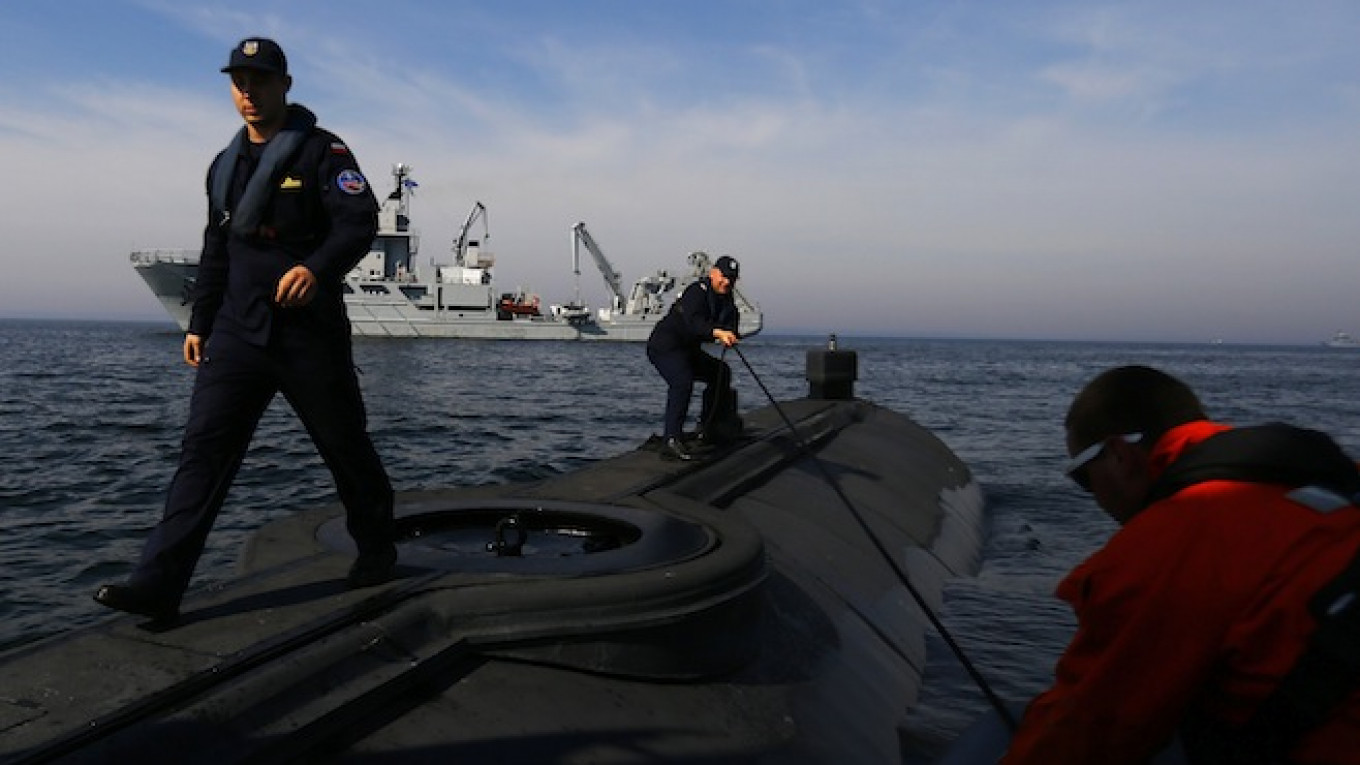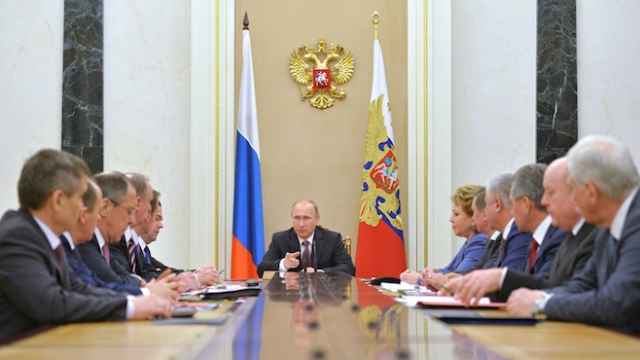WARSAW — Poland expects the NATO alliance to step up its military exercises around the Baltic Sea after a flurry of activity by Russian warships and jet fighters in the area last month, Defense Minister Tomasz Siemoniak told Reuters in an interview.
"What happened in December was indeed rather unprecedented," Siemoniak said. "We will definitely want the Baltic Sea to be taken into account to a greater extent, and I think that in terms of military exercises planned by NATO, there will be such a reaction," he said. The interview was conducted on Monday but authorized for release by the ministry on Thursday.
The Atlantic alliance has already increased the frequency of air patrols in the region, part of a revival of Cold War tensions sparked by Russia's annexation of Crimea from Ukraine and its support for Ukraine's pro-Russian rebels.
Siemoniak said Moscow did not have an exit strategy, and that NATO and the European Union, which has imposed sanctions on Russia together with the United States, should brace themselves for years of conflict.
"We shouldn't talk about lifting the sanctions too soon," he said, adding that they were the most effective tool at the West's disposal.
The French government in November put on hold a contract to supply Mistral warships to Russia after coming under pressure from NATO allies.
Asked if French-based companies such as Airbus and Thales could suffer as they bid for contracts in Poland's $41 billion army modernization program, Siemoniak said: "I'm counting on France's decision [not to deliver] being permanent, so the problem has been solved. It seems that Russia has also accepted that."
Siemoniak also denied that a U.S. Senate report, which in December made clear by implication that Poland had allowed the CIA to run secret detention facilities on its soil, had damaged the relationship between the two allies.
Polish officials have expressed disappointment that the published version of the report contained enough detail to implicate Poland, putting it at risk of reprisal attacks.
"I think that, at the moment, the cooperation between our intelligence agencies is the best in history," Siemoniak said, "so the publication of the report has not made it more difficult."
A Message from The Moscow Times:
Dear readers,
We are facing unprecedented challenges. Russia's Prosecutor General's Office has designated The Moscow Times as an "undesirable" organization, criminalizing our work and putting our staff at risk of prosecution. This follows our earlier unjust labeling as a "foreign agent."
These actions are direct attempts to silence independent journalism in Russia. The authorities claim our work "discredits the decisions of the Russian leadership." We see things differently: we strive to provide accurate, unbiased reporting on Russia.
We, the journalists of The Moscow Times, refuse to be silenced. But to continue our work, we need your help.
Your support, no matter how small, makes a world of difference. If you can, please support us monthly starting from just $2. It's quick to set up, and every contribution makes a significant impact.
By supporting The Moscow Times, you're defending open, independent journalism in the face of repression. Thank you for standing with us.
Remind me later.






